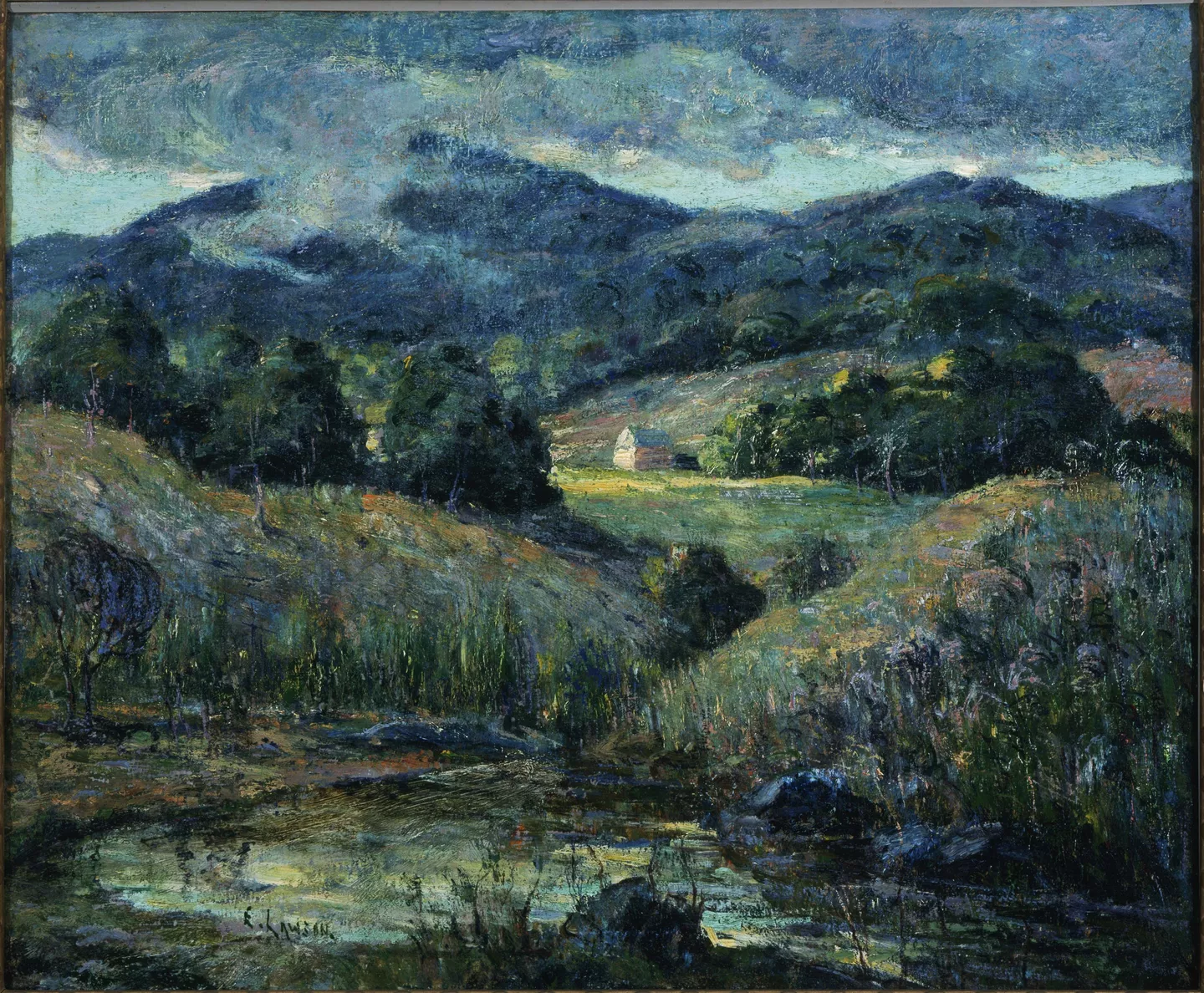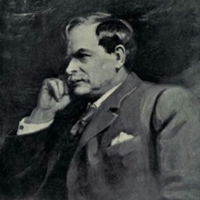
William Wilfred Campbell
William Wilfred Campbell (15 June 1860– 1 January 1918) was a Canadian poet. He is often classed as one of the country’s Confederation Poets, a group that included fellow Canadians Charles G.D. Roberts, Bliss Carman, Archibald Lampman, and Duncan Campbell Scott; he was a colleague of Lampman and Scott. By the end of the 19th century, he was considered the “unofficial poet laureate of Canada.” Although not as well known as the other Confederation poets today, Campbell was a “versatile, interesting writer” who was influenced by Robert Burns, the English Romantics, Edgar Allan Poe, Ralph Waldo Emerson, Henry Wadsworth Longfellow, Thomas Carlyle, and Alfred Tennyson. Inspired by these writers, Campbell expressed his own religious idealism in traditional forms and genres.
William Wilfred Campbell (15 June 1860– 1 January 1918) was a Canadian poet. He is often classed as one of the country’s Confederation Poets, a group that included fellow Canadians Charles G.D. Roberts, Bliss Carman, Archibald Lampman, and Duncan Campbell Scott; he was a colleague of Lampman and Scott. By the end of the 19th century, he was considered the “unofficial poet laureate of Canada.” Although not as well known as the other Confederation poets today, Campbell was a “versatile, interesting writer” who was influenced by Robert Burns, the English Romantics, Edgar Allan Poe, Ralph Waldo Emerson, Henry Wadsworth Longfellow, Thomas Carlyle, and Alfred Tennyson. Inspired by these writers, Campbell expressed his own religious idealism in traditional forms and genres.


